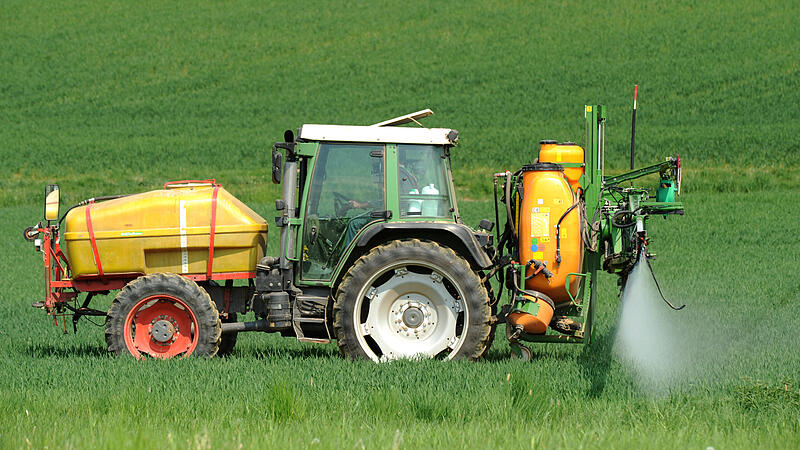Image: APA/DPA/ARNE DEDERT
Pesticides help agriculture fight pests, but they also pose risks. Their use is held jointly responsible for the death of bees, chemical residues in the groundwater and a number of diseases, some of which are serious. The EU Commission therefore wants to massively reduce the use of chemical-synthetic pesticides in particular – by an EU average of 50 percent by 2030.
Frans Timmermans, the Vice President of the EU Commission responsible for the Green Deal, presented the legislative proposal in June of the previous year. The great fight begins now in the European Parliament. The member of parliament responsible is Sarah Wiener from the Greens. She presented her report to the environment committee on Thursday, which is the basis for the parliamentary procedure.
It contains four key requirements. First, a 50 percent reduction in pesticides on average. This is in line with the Commission’s proposal.
Wiener goes further – secondly – with particularly dangerous pesticides. These are to be pushed back by 80 percent. “These are carcinogenic, organ-damaging substitution candidates that should have been replaced for a long time anyway,” she says.
On the third point, however, Wiener softens the Commission’s proposal, which envisaged a complete ban on plant protection products for sensitive areas, including those used in organic farming. She doesn’t follow that. “Agriculture must be possible.” This is aimed at many wine-growing regions such as the Wachau. In cities, however, should pesticides in protected zones, about near schools or children’s playgrounds will no longer be permitted.
And fourth demands the deputy a tax on pesticides: “I am in favor of the industry paying for damages.”
The opposite position is also represented by an Austrian – Alexander Bernhuber, chief negotiator for the European People’s Party (EPP). He accuses Viennese ideology and the Commission of being far removed from practice. The MEP sees a ban on pesticides as a threat to Europe’s food supply. Bernhuber, himself a farmer from Lower Austria, points to a study by the University of Wageningen in the Netherlands. This states “that the implementation of the Commission’s proposals could lead to a decrease of 20 percent in the harvest volume”.
Wiener counters this by pointing out: “20 to 30 percent of all food in Europe ends up in the garbage.” Europe produces more than it takes. Bernhuber, in turn, points to the changed global supply situation as a result of the Ukraine war: “We also have a responsibility to other parts of the world.”
The ÖVP politician sees the existence of small-scale agriculture in jeopardy if it is replaced by the abandonment of pesticides come to a loss of earnings. It lacks a comprehensive impact assessment by the Commission. He criticized that the data on the use and sale of pesticides insufficient to present an evidence-based legislative proposal.
Like it goes on? The Environment Committee in Parliament could vote on the report and amendments in July, and the plenary in September. This would increase the negotiating position of the people’s representation stand firm. However, the 27 states must also agree on a common position. Only then can the final form of pesticide degradation be negotiated.
Source: Nachrichten



